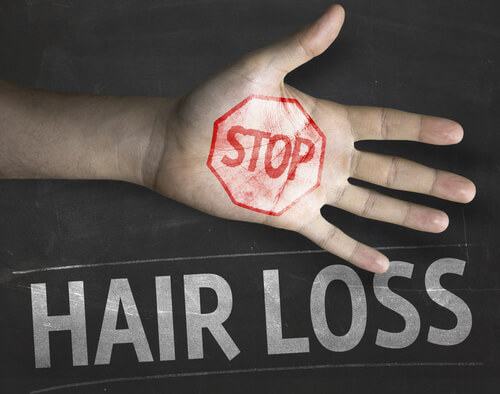For many people, the sun functions as a bit of a doubled edged sword. The sun is a necessary factor for cultivating life. The planet needs it to grow plants and fauna and keep everything functioning more or less how it’s supposed to. And human beings need the sun not only to grow the plants that provide our oxygen and nourishment, but also because it is our biggest natural source of vitamin D. Vitamin D is an extremely important nutrient for our body’s development and functionality. It regulates our levels of essential hormones such as, tryptamine and serotonin, which are neurotransmitters responsible for regulating our mood and sleep cycles.
But as important as vitamin D and subsequently the sun is for our health, there is such a thing as too much sun. Over exposure to UV rays can cause damage to your sin in the form of sunburns and skin cancer. That is why we rely on sunscreen to protect us from being overexposed to the sun. But as necessary as sunscreen is, they are not all made equally, and can have drastically different levels of effectiveness.
How Sunscreen Works
Sunscreen is designed to block out ultraviolet radiation that is not absorbed by the ozone layer. There are two types of UV rays, ultraviolet A rays (UVA) and ultraviolet B rays (UVB). UVA rays are mostly absorbed by our skin, while the majority of UVB rays are absorbed by the ozone layer. They don’t penetrate our skin as deeply as UVA rays and tend to cause sunburn.
The large majority of sunscreens tend to block out UVB rays but ignore UVA rays which are more likely to cause cancer. When choosing an effective sunscreen, it is important that the label claims to block UVA and UVB rays, otherwise it isn’t really doing its job.








